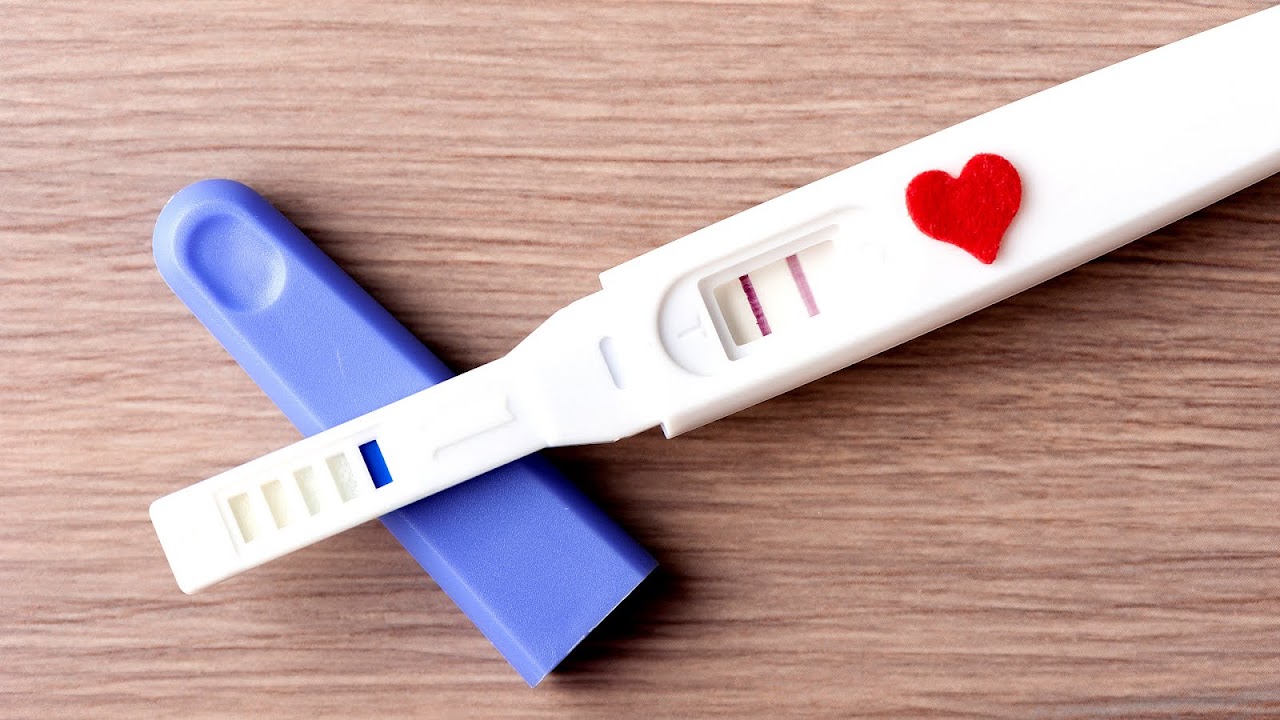Your basket is currently empty!

Home pregnancy tests are utilized to identify the presence of human chorionic gonadotropin (hCG), a hormone generated by the placenta following implantation. Readily available at pharmacies and supermarkets, these tests function by detecting hCG in urine samples.
While most home pregnancy tests claim to detect pregnancy as early as the first day of a missed period, their accuracy hinges on several factors such as test sensitivity, timing, and adherence to instructions. According to the National Health Service (NHS), these tests are most reliable from the first day after a missed period or at least 21 days following unprotected intercourse. In some cases, extremely sensitive tests can detect pregnancy even before a missed period.
A study published in the Journal of the American Medical Association (JAMA) highlighted the high accuracy of home pregnancy tests when employed correctly. The study indicated that test sensitivity ranged from 75% to 97%, with accuracy increasing with days elapsed post a missed period.
It is important to note that a positive pregnancy test does not guarantee a successful pregnancy. Miscarriage is a common complication of early pregnancy and can occur in up to 20% of all pregnancies. Symptoms of early miscarriage include vaginal bleeding, abdominal cramps, and the passing of tissue or clots.However, these symptoms can also be caused by other conditions such asectopic pregnancy or infection.If you experience any of these symptoms, it is important to seek medical attention immediately. The bleeding may come and go over several days.
According to the NHS, a miscarriage is the loss of a pregnancy during the first 23 weeks. The main sign of a miscarriage is vaginal bleeding, which may be followed by cramping and pain in your lower abdomen. If you have vaginal bleeding, contact a GP or your midwife. But bear in mind that light vaginal bleeding is relatively common during the first trimester (first 3 months) of pregnancy and does not necessarily mean you’re having a miscarriage. There are potentially many reasons why a miscarriage may happen, although the cause is not usually identified. The majority are not caused by anything you have done. It’s thought most miscarriages are caused by abnormal chromosomes in the baby. Chromosomes are genetic “building blocks” that guide the development of a baby. If a baby has too many or not enough chromosomes, it will not develop properly. In most cases, a miscarriage is a one-off event and most people go on to have a successful pregnancy in the future. The majority of miscarriages cannot be prevented. But there are some things you can do to reduce the risk of a miscarriage. Avoid smoking, drinking alcohol and using drugs while pregnant. Being a healthy weight before getting pregnant, eating a healthy diet and reducing your risk of infection can also help. If you have the symptoms of a miscarriage, you’ll usually be referred to a hospital for tests. In most cases, an ultrasound scan can determine if you’re having a miscarriage. When a miscarriage is confirmed, you’ll need to talk to your doctor or midwife about the options for the management of the end of the pregnancy. Often the pregnancy tissue will pass out naturally in 1 or 2 weeks. Sometimes medicine to assist the passage of the tissue may be recommended, or you can choose to have minor surgery to remove it if you do not want to wait. A miscarriage can be an emotionally and physically draining experience. You may have feelings of guilt, shock and anger. You can try for another baby as soon as your symptoms have settled and you’re emotionally and physically ready. It’s important to remember that most miscarriages are a one-off and are followed by a healthy pregnancy. Miscarriages are much more common than most people realise. Among people who know they’re pregnant, it’s estimated about 1 in 8 pregnancies will end in miscarriage. Many more miscarriages happen before a person is even aware they’re aware. However, certain lifestyle measures can help reduce the risk, such as avoiding substances like tobacco, alcohol, and illegal drugs during pregnancy, maintaining a balanced diet rich in fruits and vegetables, taking precautions against specific infections like rubella, abstaining from foods that could pose risks during pregnancy, and ensuring a healthy weight prior to conception.
In conclusion, home pregnancy tests are a reliable and convenient way to detect pregnancy. Most tests can produce accurate results from the first day after a missed period . However, it is advisable to wait for at least a week after a missed period to ensure accuracy. If you get a negative result and still think you’re pregnant, wait a few days and try again.If you get a positive result, it is recommended to contact your GP or a midwife to start your antenatal care.

Leave a Reply